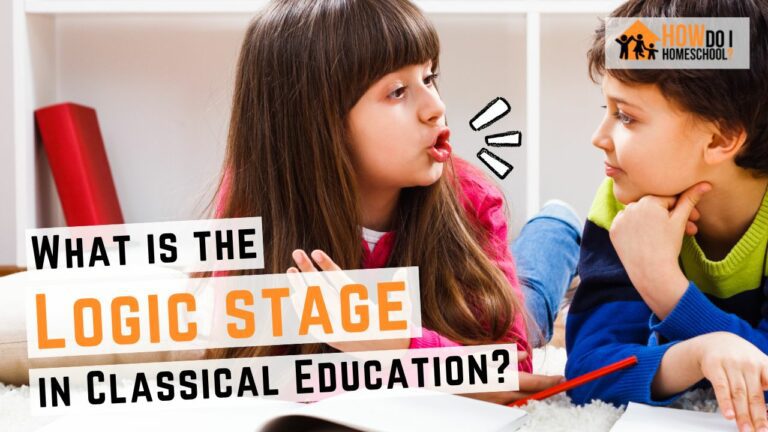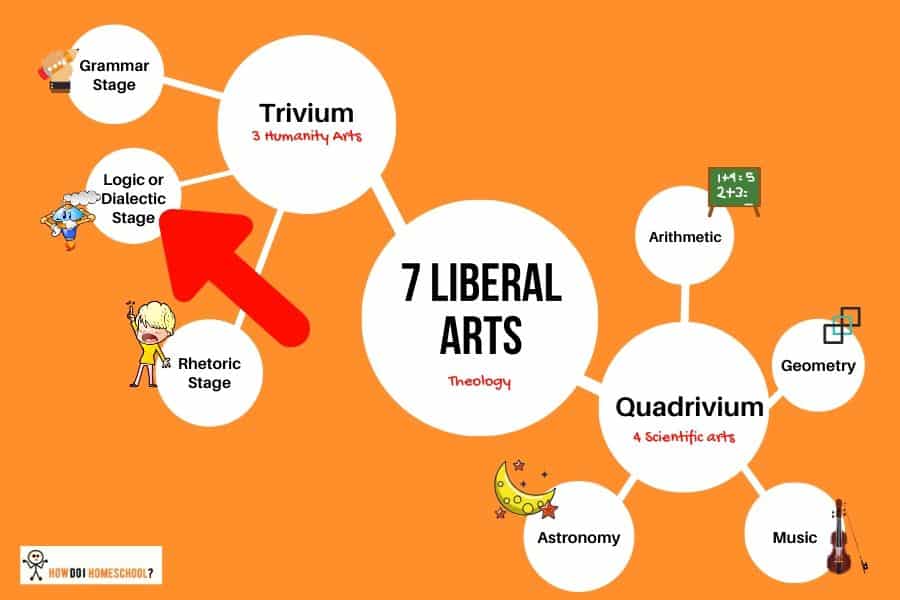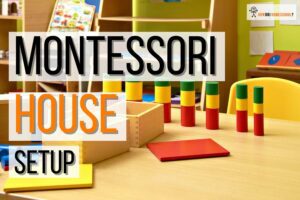The dialectic or logic stage of classical education is the second stage of the Trivium. It is where children learn discernment as they sort out the facts they learned in the grammar stage. Here middle school-aged children learn to debate, to argue, and to detect logical fallacies. They do this in preparation for the last stage of the trivium, the rhetoric stage. If they go on to study the quadrivium in tertiary education, they’ll find learning a lot easier as we’ve given them amazing tools for learning such as a Latin basis for languages.
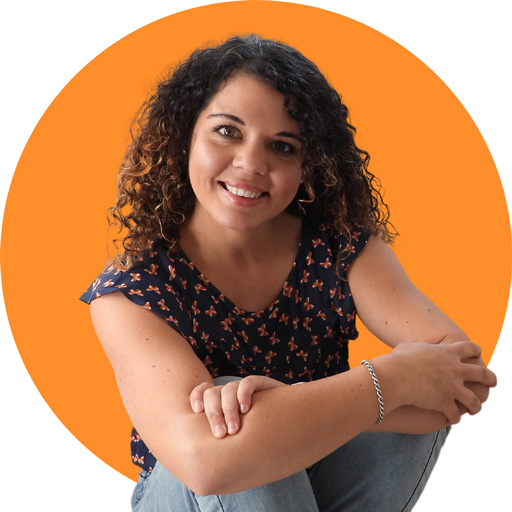
I hope you enjoy reading this blog post. If you want to do my course on how to homeschool, click here.
This article will discuss the logic stage of the trivium in detail. It is one in a series of classical education articles, which can be found here.
I’ll also discuss various classical homeschool curriculum options you can get further down the page (including a free consultation with Veritas Press).
Affiliate links used in this post.
How Does the Logic Stage Fit into the Trivium?
The logic stage is the second stage of the trivium in classical education.
It comes after the grammar stage and before the rhetoric stage.
In the:
- first grammar stage, children acquire many facts, memorizing and learning things they can use to help them in the logic and rhetoric stages.
- second dialectic stage, children sort the facts they learned in the grammar stage, discerning knowledge, right and wrong.
- third rhetoric stage, students learn the art of ‘a good man speaking well’. Here teenagers learn to present reasoned arguments of substance eloquently.
These three stages comprise the trivium (trivium means Latin for three roads [tri-three; via-roads]).
Although not always seen this way in modern times, the logic stage (for the Christian especially) is inherently religious, as Christians argue one cannot know anything without fearing God first (Prov 9:10).
As such, reasoning starts with the knowledge of God.
What Does Dialectic Mean?
To understand the dialectic or logic stage of classical education, it’s useful to understand what dialectic means.
The word originates in the Greek language and has to do with ‘conversing’ and debating.
Essentially, you’re ‘dialoguing’ about something.
In the classical method, you’re debating, conversing, and dialoguing about the truth of different opinions using logic.
Douglas Wilson explained dialectic like this:
Dialectic can also be referred to as logic. After a child has memorized piles of data, he or she must learn how to sort them out. Dialectic, or logic, is the process of doing this – this goes over here, and that goes over there. The Case for Classical Christian Education, p. 133.
To sort things out effectively, students have to have suitable material to do this with.
In classical education, this will have been learned in the grammar stage.
Why We Need the Logic Stage of Classical Education
Many people cannot discern between a badly assembled argument and one that is cleverly and logically constructed.
They are susceptible to swallowing whatever garbage the media, internet, or other literary sources publish.
School graduates are often vulnerable in this way because they have not been taught how to analyze a statement or belief critically.
This means the media and other sources can feed the population rubbish, and they will often accept it willingly.
Dorothy Sayers, the mother of the modern Christian classical method, had this to say on the subject:
Have you ever followed a discussion in the newspapers or elsewhere and noticed how frequently writers fail to define the terms they use? Or how often, if one man does define his terms, another will assume in his reply that he was using the terms in precisely the opposite sense to that in which he has already defined them?… are you troubled because it is inelegant or because it may lead to dangerous misunderstanding? – Dorothy Sayers, Lost Tools of Learning, p. 2.
Being unable to analyze information critically has unfortunate effects and implications for our society morally, socially, theologically, and intellectually.
Our government often responds to popular demand based on poorly thought-out arguments, too often garnered from hyperbole and fearmongering from different sources.
The reason they can do this so easily is that people have usually not been taught how to think in their primary and secondary years.
They have not been taught logic, that is, to discern truth from fiction.
For this reason, we need the logic stage of classical education.
We must teach our children to discern.
How to work out what’s right and wrong, what’s good and bad.
The Christian sees this as an essentially religious question.
For this reason, debating topics have always been garnered from subjects such as theology, ethics, and ancient history (Sayers, p.6).
What Children Are Like in the Logic Stage of Classical Education (Pert)
One reason classical educators claim the classic method works so well is that it teaches students according to their natural intellectual bent at different points in their lives.
The classical educator believes children:
- love learning facts early in their lives (the grammar stage at roughly 4 to 10-years-old),
- but then prefer to argue and debate about the things they know later (the logic stage at roughly 9 to 14-years-old).
- Finally, they become self-conscious and highly concerned with presenting themselves in an acceptable way (the rhetoric stage at roughly 14 to 16-years-old).
Dorothy Sayers called children in the logic stage ‘pert’. Pert means ‘cheeky’ or ‘attractively lively’:
The Pert Age, which follows upon this (and, naturally, overlaps it to some extent) is only too familiar to all who have to do with children: it is characterised by contradicting, answering-back, liking to “catch people out” (especially one’s elders), and the propounding of conundrums (especially the kind with a nasty verbal catch in them). Its nuisance-value is extremely high. It usually sets in about the Lower Fourth. [Sayers]
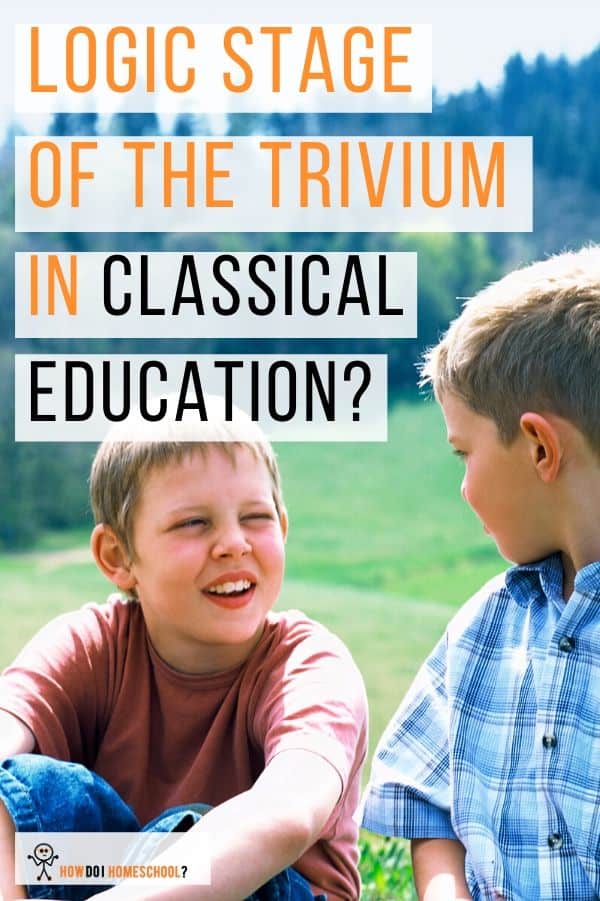
What Age Are Children in the Logic Stage?
The short answer is around 9 to 13 years old.
Or around the junior high school years.
But, the reason classical educators define these ages roughly is that every child is different and enters these developmental phases at different times.
Instead of teaching to an age requirement as schools do, homeschools have the luxury of beginning each stage when children show signs they’re ready to enter those stages.
In the case of the logic stage of classical education, children show signs they are ready to start this phase when they are disposed towards pertness, and they manifest a capacity for abstract reasoning and endless argument.
Thus, when children want to argue, we ought to teach them how to argue.
Indeed, teaching children according to their interests helps them retain information and enjoy the process.
This is another reason we encourage debate in the logic stage.
What Do Children Learn in the Logic Stage?
In this age, children want to know ‘why?’ and ‘how come?’.
In the logic stage, children learn discernment and understanding using formal symbolic logic.
They learn how to make distinctions and evaluate those distinctions.
As Douglas Wilson said in The Case for Classical Christian Education:
Dialectic does not refer simply to the making of distinctions, but to the evaluation of those distinctions. To see that a horse is not a duck belongs to the grammar stage. To see that a horse is a suitable animal to use in battle, and that a duck is not, belongs to the dialectic stage. – p. 134.
By teaching children discernment and understanding, we create very different pupils to those found in today’s public school classrooms.
How Learning Changes from the Grammar to Dialectic Stage of Classical Education
Learning begins to change significantly in the dialectic stage as children enter a pert development phase and become argumentative.
The following subjects change in the following ways:
- Language – children who were learning vocabulary and morphology in the grammar stage now move on to ‘syntax and analysis’ (i.e. the logical construction of speech) and the history of language (how we came to arrange our speech as we do in order to convey our thoughts).’ [Sayers]
- Reading – children learned narrative and lyric in the grammar stage and now move on to essays, argument, and criticism. Much of this will be done through debate. Recitation will change to dramatic performances, especially those that exhibit a point through drama.
- Mathematics – Math is taught as logic. Children now start learning algebra, geometry, and other advanced arithmetic.
- History – using ethics and theology lessons learned in the grammar stage, students now begin to argue about whether such-and-such a leader’s political decisions at a certain point in history were a good moral choice and what were the consequences of such decisions. What are the pros and cons of a certain type of government (democracy, monarchy etc)? Now we learn dogmatic theology and constitutional history through argument and debate.
There is a significant diversion from modern education vs. classical education at this point.
A 10-year-old classical student will be learning how to learn and getting tools for learning, whereas a 10-year-old traditionally educated student will be learning facts from various subjects at this point as students do in the grammar stage.
Defining Terms in the Logic Stage
In the logic stage, children love defining terms.
And that’s great because we want to teach them how to do it properly.
Classical educators show students how important precision with terms is.
This is because if the student doesn’t define his terms, the listener may add their own and misunderstand the argument.
If students don’t define terms – especially in a debate – their arguments can be dismantled more easily.
Hence, students have an incentive to define terms and being precise with their thinking and words.
What do we mean by defining terms?
Dorothy Sayers gives us an example below:
What, then, are we to do? We cannot go back to the Middle Ages. That is a cry to which we have become accustomed. We cannot go back—or can we? Distinguo. I should like every term in that proposition defined. Does “Go back” mean a retrogression in time, or the revision of an error? The first is clearly impossible per se; the second is a thing which wise men do every day. “Cannot”—does this mean that our behaviour is determined by some irreversible cosmic mechanism, or merely that such an action would be very difficult in view of the opposition it would provoke? “The Middle Ages”— obviously the twentieth century is not and cannot be the fourteenth; but if
“the Middle Ages” is, in this context, simply a picturesque phrase denoting a particular educational theory, there seems to be no a priori reason why we should not “go back” to it—with modifications—as we have already “gone back” with modifications, to, let us say, the idea of playing Shakespeare’s plays as he wrote them, and not in the “modernised” versions of Cibber and Garrick, which once seemed to be the latest thing in theatrical progress. – Lost Tools of Learning, p. 8.
Debating in the Logic Stage
There are many benefits of debating, especially for students who live in a world with arguments coming from every direction.
It is for this reason that we introduce debating into the logic stage of classical education.
Through debate, children also become more interested in the topic they’re studying.
For example, instead of boring students by getting them to read an essay on the benefits or disadvantages of democracy, classical educators will get students to debate the topic.
Using a few clever debating tips and techniques, a child who does the logic stage of classical education can argue with convincing intelligence, having great substance behind their words.
Latin in the Second Phase of the Trivium
The Latin language, which children began studying in the grammar stage, is continued in the dialectic stage.
By learning Latin, children discover the root meaning of many words they are familiar with.
This gives them layers of meaning, allowing them to define their terms more precisely.
Learning Latin in the logic stage also means students can learn other subjects more easily as they don’t have to struggle so much with learning new words because Latin gives them plenty of help.
Children can continue or discontinue Latin in the rhetoric stage, depending on the student’s interest and aptitude.
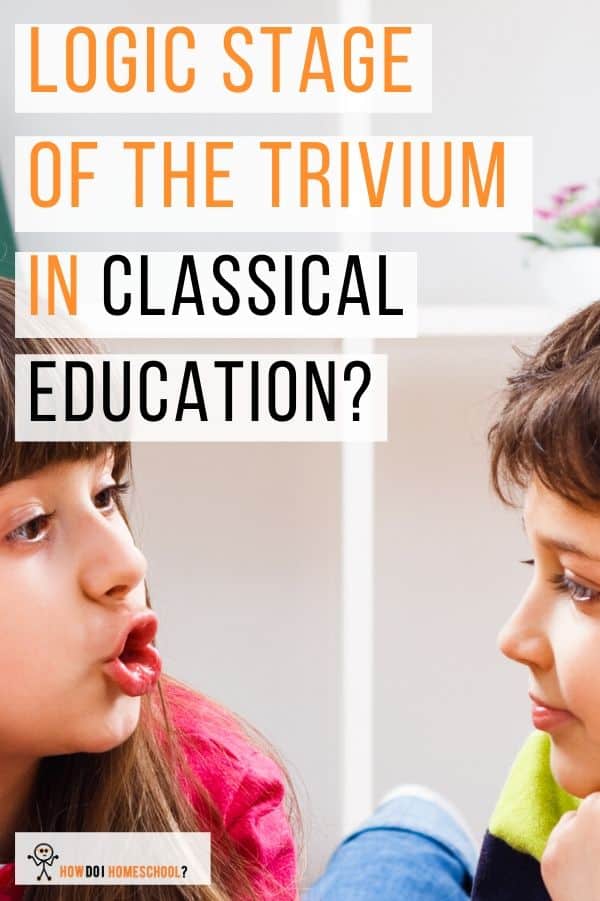
How to Get a Classical Education Curriculum for a Homeschool
If you want to use the classical homeschooling method in your homeschool, you don’t have to reinvent the wheel and create your own curriculum.
Instead, there are plenty of decent classical Christian education options around, such as:
- Veritas Press – great if you want more of an online program – book a free consultation with them here.
- Memoria Press – great if you prefer a mailable program
- Compass Classroom – an extremely affordable classical program with a hint of Charlotte Mason
- Classical Conversations – includes a homeschooling co-op focus
- Classical Academic Press – customize your curriculum with this one
- A Well-Trained Mind
- Tapestry of Grace – Unit Studies approach to a Christian curriculum
I’ve looked into several of these options, which can be found reviewed here.
Further Reading on the Logic Stage of Classical Education
I can’t recommend Dorothy Sayer’s Lost Tools of Learning more highly.
It is a must-read for anyone considering giving their children an education in the classics.
This is because it is the basis of most Christian classical education today.
Another good book that will help you understand this learning approach, is Douglas Wilson’s The Case for Classical Christian Education.
Wilson bases his arguments heavily on Sayer’s writings but adds a lot of flesh to the bones.
You can also read classical blogs – I’ve linked some of the best classical homeschool blogs here.
Subscribe to How to Homeschool (my Youtube channel!)
Have you caught the homeschooling bug?
Eager to delve deeper into the realm of unconventional education?
Well, my curious comrades, rejoice!
There are splendid avenues awaiting your exploration.
Firstly, hop on over to my YouTube channel, where a treasure trove of homeschooling wisdom awaits. From practical tips to delightful anecdotes, I unravel the mysteries of homeschooling with a touch of wit and wisdom.
Subscribe, hit that notification bell, and embark on an enlightening journey with me.
Enroll in the Homeschool Parenting Program
For those yearning for a comprehensive guide to homeschooling, look no further than my Homeschool Parenting Program.
This illustrious online course will equip you with the knowledge, strategies, and confidence to navigate the exhilarating world of homeschooling like a seasoned pro.
Enroll today and unlock the door to extraordinary educational possibilities.
Conclusion
The logic stage of classical education helps children how to discern and evaluate the facts they learned in the grammar stage. In this phase, children are in an argumentative phase of life, so we teach them how to do this well, using debate. We teach them to write argumentative essays and define their terms. Latin helps students define terms, so we continue this in the dialectic stage. But, we must not stop there. We must continue on to the rhetoric stage of the trivium to teach children wisdom with words and poise in delivery. You can learn about that here.
